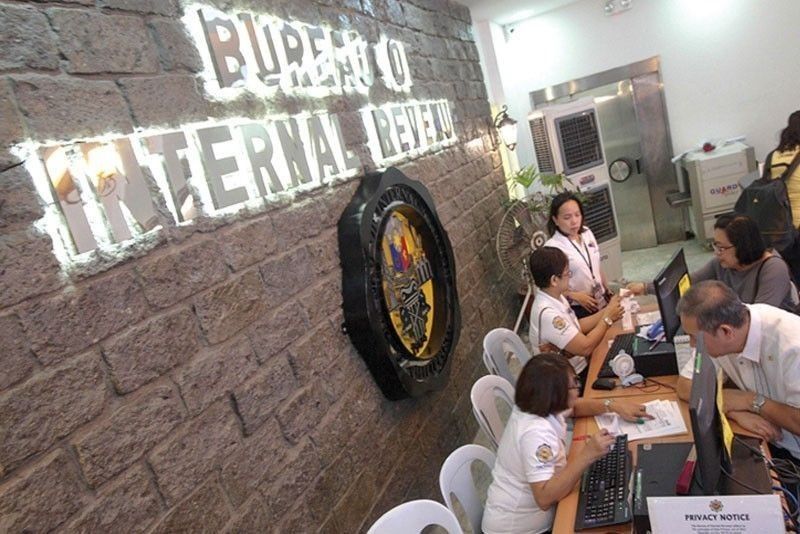Unique policy package pushed for digital taxation

MANILA, Philippines — The government should come up with a policy package that is unique to the country if it wants to successfully capture the digital economy into the tax system.
In a webinar organized by the Philippine Institute for Development Studies, the Bureau of Internal Revenue (BIR) said there is a need to adopt a well-thought-out strategy and policy package as the country moves toward taxing the digital economy.
BIR Legal Group deputy commissioner Marissa Cabreros said an appropriate regulatory and legal framework must be in place to ensure that the digital economy would yield the full benefit of the proposal.
“Policies should not just be copied from other countries but should be studied to ensure they are suited to the Philippine setting,” Cabreros said.
The height of the lockdowns last year made e-commerce stronger than ever as many people depended on online deliveries to ensure that health protocols are being followed.
The Department of Finance and the BIR have said they would focus on developing a tax regime that would allow the government to collect value-added tax on digital transactions, whether they are local or cross-border.
House Bill 6765 or the digital economy taxation bill also seeks to impose taxes on streaming sites and other digital services, which have not been on the BIR’s list of taxpayers.
While taxing digital services will help boost the country’s revenue generation in a post-pandemic world, doing so requires fixing the loopholes to ensure that the digital economy will be beneficial to all.
Cabreros emphasized that Congress plays an important role in providing regulators with laws to ease the presence of constraints or the absence of controls.
Policies will also create and define parameters to ensure the country’s smooth transition to a digital economy.
“The digital economy gave birth to new types of business entities and new business models that challenge the application of the current provisions of the Tax Code, which has been anchored and designed under a ‘brick-and-mortar’ or traditional way of doing business and reporting,” she said.
Cabreros admitted that not all existing rules under the brick-and-mortar mode are applicable with the digitalization of certain facets and phases of business transactions.
Hence, she urged the government to update related taxation policies and regulations to address the digital economy’s demands.
- Latest
- Trending




























